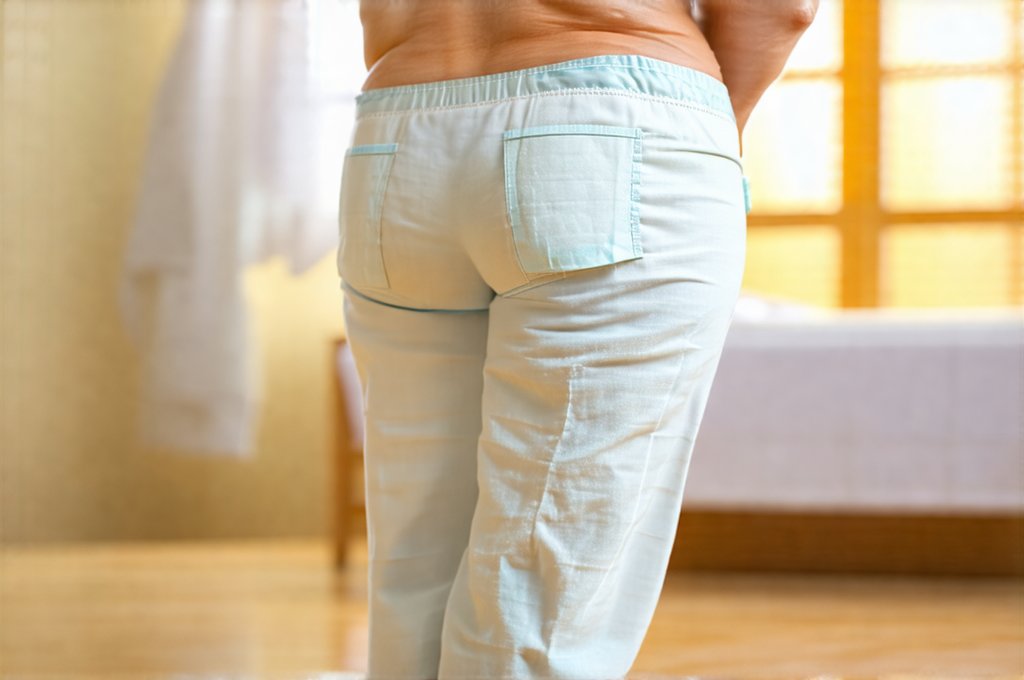Frequent urination is a common concern for many individuals, prompting questions about its underlying causes and potential implications for bladder health. Often, people immediately assume frequent trips to the bathroom are indicative of a weak or “lazy” bladder – a worrying thought that can lead to anxiety and lifestyle adjustments. However, the reality is far more complex than this simple assumption. While a weakened bladder can contribute to increased urinary frequency, it’s just one possibility among many. Numerous factors, ranging from dietary habits and neurological conditions to infections and psychological stress, can play a significant role in how often we need to urinate. Understanding these diverse causes is crucial for accurate diagnosis and effective management of this prevalent issue.
The human body’s urinary system is remarkably intricate, involving the kidneys, ureters, bladder, and urethra working in harmony. Disruptions within any part of this system can manifest as changes in urination patterns. It’s important to remember that feeling the need to urinate frequently doesn’t automatically equate to a problem with the bladder itself; it could signal an issue elsewhere along the urinary tract or even be related to factors entirely outside of it, like excessive fluid intake. Dismissing frequent urination as simply “a weak bladder” risks overlooking underlying medical conditions that require attention and proper treatment. If you’re concerned about changes in your urinary habits, consider whether pain during urination could be a factor.
Understanding Frequent Urination: Beyond the Bladder
Frequent urination, medically termed polyuria, is defined as needing to urinate more often than normal for an individual. What constitutes “normal” varies greatly based on factors like age, fluid intake, activity level, and overall health. Generally, most people urinate between four and eight times in a 24-hour period. Anything significantly exceeding this range warrants investigation. However, the perception of frequent urination is equally important. Some individuals may feel compelled to empty their bladders even when they aren’t full, leading to a cycle of anxiety and increased bathroom visits. This psychological component can exacerbate the problem and make it difficult to discern whether the issue is purely physical or influenced by mental health factors.
The causes of frequent urination are incredibly diverse. Beyond bladder dysfunction, common culprits include:
* Diabetes: Both type 1 and type 2 diabetes can lead to increased thirst and urine production.
* Urinary Tract Infections (UTIs): UTIs irritate the bladder, causing a strong urge to urinate, even when only a small amount of urine is present. If you suspect this might be happening, learning about a burning feeling can be useful.
* Diuretics: Medications like diuretics, commonly used to treat high blood pressure, increase urine production.
* Excessive Fluid Intake: Drinking large amounts of fluids, especially caffeinated or alcoholic beverages, can naturally lead to more frequent urination.
* Interstitial Cystitis (Painful Bladder Syndrome): This chronic condition causes bladder pain and a persistent urge to urinate.
It’s also crucial to consider lifestyle factors. High caffeine and alcohol consumption act as diuretics, stimulating the kidneys to produce more urine. Similarly, certain foods can irritate the bladder in some individuals, leading to increased frequency. Identifying and modifying these triggers is often a first step in managing frequent urination.
The Role of Bladder Weakness: When Is It a Factor?
While not always the root cause, a weakened bladder can contribute to frequent urination. This weakening typically occurs due to factors that compromise the strength of the pelvic floor muscles – the group of muscles responsible for supporting the bladder, uterus (in women), and rectum. A weakened pelvic floor can result in stress incontinence, where urine leaks during activities like coughing, sneezing, or exercise, and urge incontinence, characterized by a sudden, intense need to urinate that’s difficult to control.
The causes of pelvic floor weakness are varied. Pregnancy and childbirth significantly strain these muscles, making women particularly susceptible. Aging also naturally leads to muscle weakening over time. Chronic constipation can place prolonged pressure on the pelvic floor, contributing to its deterioration. Furthermore, conditions like obesity and chronic coughing can exacerbate the problem. It’s important to note that bladder weakness isn’t necessarily a permanent condition; with appropriate exercises and therapies, pelvic floor strength can often be improved.
Diagnosing the Cause: What to Expect
Pinpointing the underlying cause of frequent urination requires a thorough medical evaluation. This typically begins with a detailed medical history review, where your doctor will ask about your symptoms, fluid intake, medications, and any relevant health conditions. A physical exam may also be performed to assess overall health and identify potential issues. However, specific diagnostic tests are often necessary to narrow down the possibilities:
- Urinalysis: This test checks for signs of infection, blood, or other abnormalities in your urine.
- Urodynamic Testing: These tests evaluate bladder capacity, flow rate, and muscle function. They can help determine whether you have a problem with bladder storage or emptying.
- Postvoid Residual (PVR) Measurement: This test measures the amount of urine remaining in your bladder after urination. A high PVR may indicate difficulty emptying the bladder completely.
- Cystoscopy: In some cases, a cystoscopy – where a small camera is inserted into the urethra to view the bladder – might be recommended to identify structural abnormalities or inflammation.
Treatment Options: Tailoring Solutions to the Cause
Treatment for frequent urination depends entirely on its underlying cause. If a UTI is identified, antibiotics will be prescribed. For diabetes-related polyuria, managing blood sugar levels is crucial. Addressing lifestyle factors like excessive fluid intake and caffeine consumption can also significantly reduce frequency. When bladder weakness is determined to be a contributing factor, several treatment options are available:
- Pelvic Floor Exercises (Kegels): These exercises strengthen the pelvic floor muscles, improving bladder control and reducing incontinence.
- Biofeedback: This therapy uses sensors to help you become aware of your pelvic floor muscles and learn how to contract them effectively.
- Medications: Certain medications can help relax the bladder or reduce urge incontinence.
- Botox Injections: In some cases, Botox injections into the bladder muscle can help reduce overactivity and decrease urgency.
Preventing Frequent Urination: Proactive Strategies
While not all causes of frequent urination are preventable, there are steps you can take to minimize your risk and manage symptoms:
- Maintain a Healthy Fluid Intake: Drink enough fluids to stay hydrated, but avoid excessive amounts.
- Limit Caffeine and Alcohol Consumption: These substances act as diuretics and can increase urine production.
- Manage Constipation: Prevent chronic constipation by eating a high-fiber diet and staying adequately hydrated.
- Maintain a Healthy Weight: Obesity puts extra stress on the pelvic floor muscles.
- Practice Pelvic Floor Exercises Regularly: Even if you don’t have incontinence, strengthening your pelvic floor can help prevent future problems.
- Empty Your Bladder Completely: Take your time when urinating and ensure you fully empty your bladder each time. Understanding frequent urination linked to urinalysis can help with diagnosis too.
Ultimately, frequent urination is a complex symptom with a multitude of potential causes. Attributing it solely to a weak bladder oversimplifies the issue and may lead to delayed or inaccurate diagnosis. A comprehensive medical evaluation is essential for identifying the root cause and developing an effective treatment plan tailored to individual needs. It’s crucial to remember that seeking professional help is the first step toward regaining control and improving your quality of life. And it’s important to note whether frequent peeing is a recurring issue for women specifically.





















